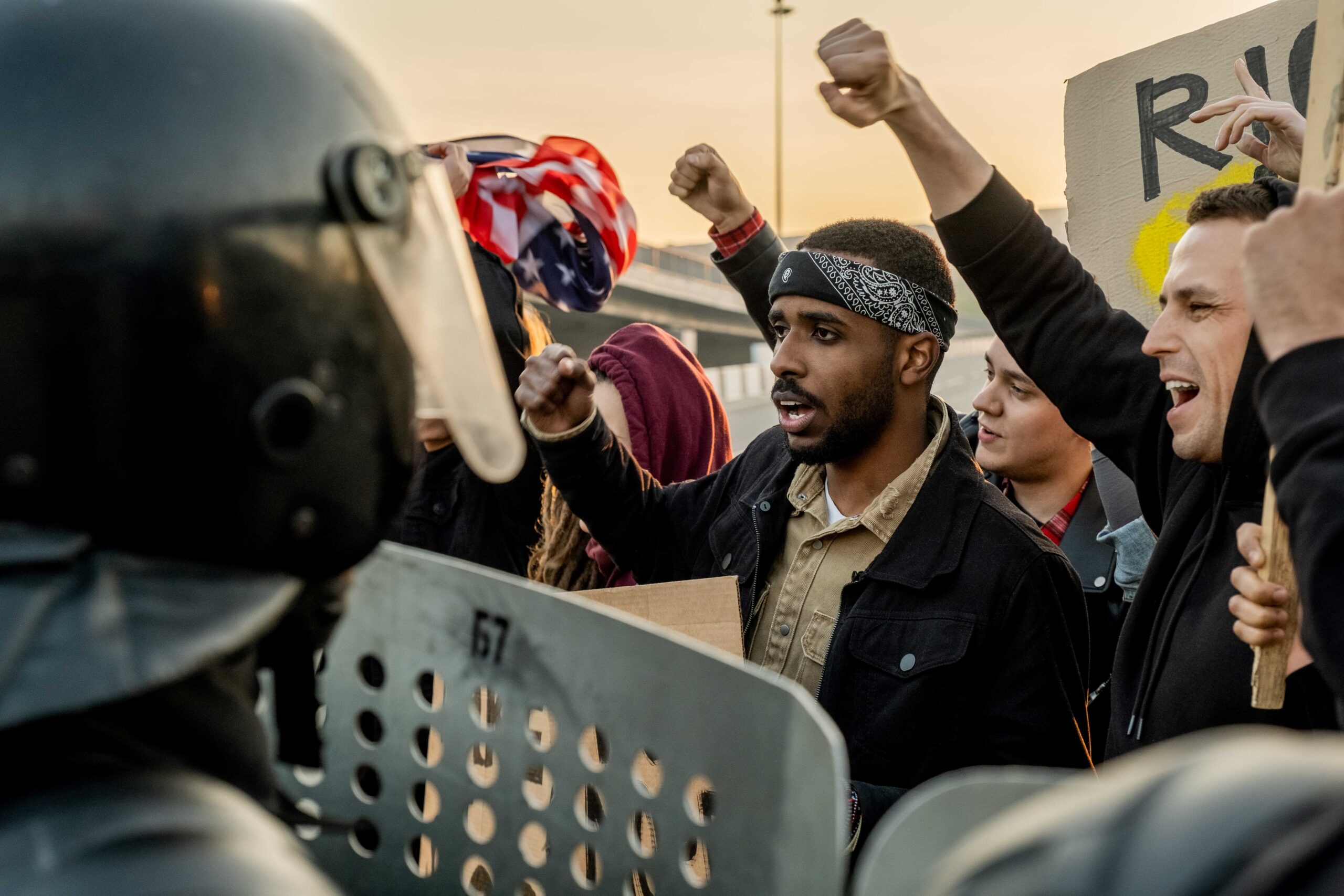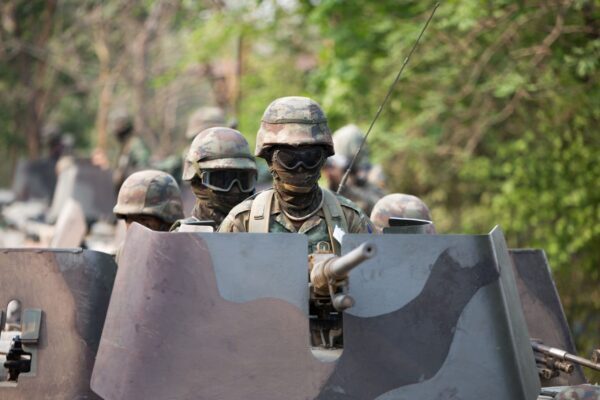Sudan has witnessed its seventeenth coup since independence, as General Abdel Fattah Burhan dissolved the civilian components of the transitional government and seized full control. In Khartoum and beyond, civil society has mobilized in fierce protest, with doctors, teachers, and oil workers joining a growing civil disobedience movement. Despite global condemnation, particularly from Western capitals, many neighboring states have remained relatively muted, reflecting their own histories of military intervention.
Protests and International Repercussions
Streets in Khartoum have emptied as professionals heed trade union calls to “down tools,” shuttering hospitals, schools, and oil facilities. Security forces have responded with force, even as the African Union suspended Sudan’s membership for what it deemed an unconstitutional power grab. The United States and World Bank have frozen hundreds of millions in aid, pressuring Burhan’s junta to reconsider. Yet, in the Gulf and across much of the African continent, official statements have been cautious, raising concerns that economic and strategic interests may trump democratic principles.
A Continent Prone to Coups
Sudan’s dramatic turn is part of a broader pattern: military takeovers across Africa have spiked since 2020, undoing hard-won democratic transitions. Experts warn that socioeconomic strains, geopolitical rivalries, and weakened institutions create fertile ground for armed interventions. To understand the scope of this resurgence, consider some recent coup attempts and successful seizures of power:
- Sudan (October 2021): General Burhan’s second coup of the year followed an earlier, failed attempt in September.
- Mali (May 2021 & August 2020): Two coups removed President Keïta and then his successor, triggering ECOWAS sanctions.
- Guinea (September 2021): Colonel Mamady Doumbouya ousted President Condé, citing corruption and mismanagement.
- Chad (April 2021): After President Déby’s death, his son was installed by the military council led by General Mahamat Déby.
- Niger (March 2021): A foiled plot to topple President Tinubu-Dayo was uncovered just before his inauguration.
These events underscore a worrying trend: military actors are reclaiming the political stage with alarming regularity.
Understanding the Pattern
While Africa saw an average of four coups annually between 1960 and 2000, driven by poverty, weak governance, and Cold War rivalries, attempts dipped to about two per year up to 2019. The sudden uptick to six or more interventions since 2020 suggests a reversal of recent progress. Political scientist Jonathan Powell notes that once a coup occurs, it often presages further instability, as civilian authority is undermined and armed factions vie for influence.
Charting Sudan’s Democratic Horizon
Sudan’s latest power shift offers a stark reminder that democratic gains remain fragile without robust institutions and regional solidarity. For ordinary citizens, continued strikes and international pressure may yet force a rollback of military dominance. Across the continent, stakeholders must reconcile security and development goals with the imperative to safeguard constitutional order. Only then can African nations break the cycle of coups and build resilient democracies resistant to the lure of the barracks.
Military interventions may ebb and flow, but their recurrence highlights a collective challenge: forging political systems that deliver to all citizens, free from the shadow of arms and the promise of force. South Sudan’s allies, Sudan’s neighbors, and global partners alike must champion that vision if the dream of lasting peace is to be realized.

